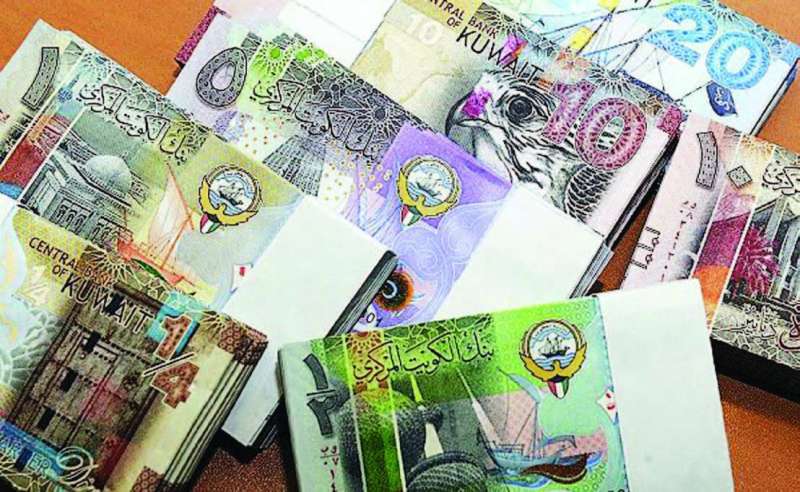A government study prepared by McKinsey Consulting Company, the global consultant firm, concluded that the disposable income of the Kuwaiti family ranges between 38% and 66% of the total average income, while the average actual family savings is about 8%.
Thev housing expenditures, according to the study, constitute about 28 percent of the total per capita income in Kuwait, partly due to the value of residential lands in the local market which has doubled in all governorates, despite the variation in prices from one governorate to another, to the extent that prices in some governorates have doubled.
The study added that the maximum limit for the installment loan, set at 70,000 dinars, covers only a limited part of the value of the housing land, other than construction costs.
According to unofficial data, the cost of purchasing residential real estate in Kuwait is about 85 percent of the total cost Living.
McKinsey noted that the average annual inflation rate for consumer goods has risen significantly, especially between 2004 and 2017, where the compound inflation rate in Kuwait for this period was about 67.1 percent, after the price of consumer goods, which was 15,000 dinars in 2004, reached 25.1 thousand in 2017, while these rates later increased by 3%.
The Arab Monetary Fund expects the inflation rate in Kuwait during 2021 will reach about 8.2 percent, and 1.3 percent in 2022.
McKinsey stated that with regard to the prices of consumer goods, the average increase in car prices (without special advantages) in Kuwait
have increased since 2004 at varying rates, so that the average increase in the prices of expensive cars reached more than 50 percent, compared to about 40 percent for medium priced cars.
This escalation in the rate of consumer goods prices led the Central Bank of Kuwait to raise the upper limit for loans and Islamic financing operations for consumer purposes, so that it does not exceed 25 times the customer’s net monthly salary and a maximum of 25 thousand dinars, up from 15 thousand dinars, which enhances the ability of customers to financing their needs of durable goods.
The maximum limit for consumer loans at 15,000 dinars has lasted for more than 14 years, as it was approved on June 6, 2014 and raised to the current rate on November 10, 2018.
In its study, McKinsey relied on the Household Income and Expenditure Survey conducted by the Central Administration of Statistics, which stated that the ratios of different types of expenses to available income are divided into 4 types of expenses as follows:
Basic expenses — Basic expenditures constitute about 34 percent of total per capita income in Kuwait, and include food, beverages, housing necessities (water, electricity, gas and fuels), health care, transportation, communications, education, furniture and clothing.
Residential expenses — Residential expenses represent about 28 percent of total income, and include monthly rents.
Non-essential expenses — Non-essential expenditures constitute about 20 percent of total per capita income and include entertainment, culture, restaurants, hotels, furniture, and clothing.
Miscellaneous expenses — Miscellaneous expenses represent about 10 percent of a person’s total income, and include miscellaneous personal goods and services, social protection, and insurance.
The sources pointed out that McKinsey is working on a study that includes submitting the necessary proposals and studies to stimulate various economic sectors, including small and medium enterprises, private sector companies, and the financial and banking sectors, and studying the effects of implementing stimulus measures at the economic level in an effort to bring forth the most effective plans and studies that have been applied around the world to face the repercussions of the crisis on the various economic sectors in Kuwait.
160 million dinars bonds and securities
The Central Bank of Kuwait announced the allocation of the latest issuance of bonds and Tawarruq, with a total value of 160 million dinars, for a period of 6 months, at 1.250 percent returns rate.

